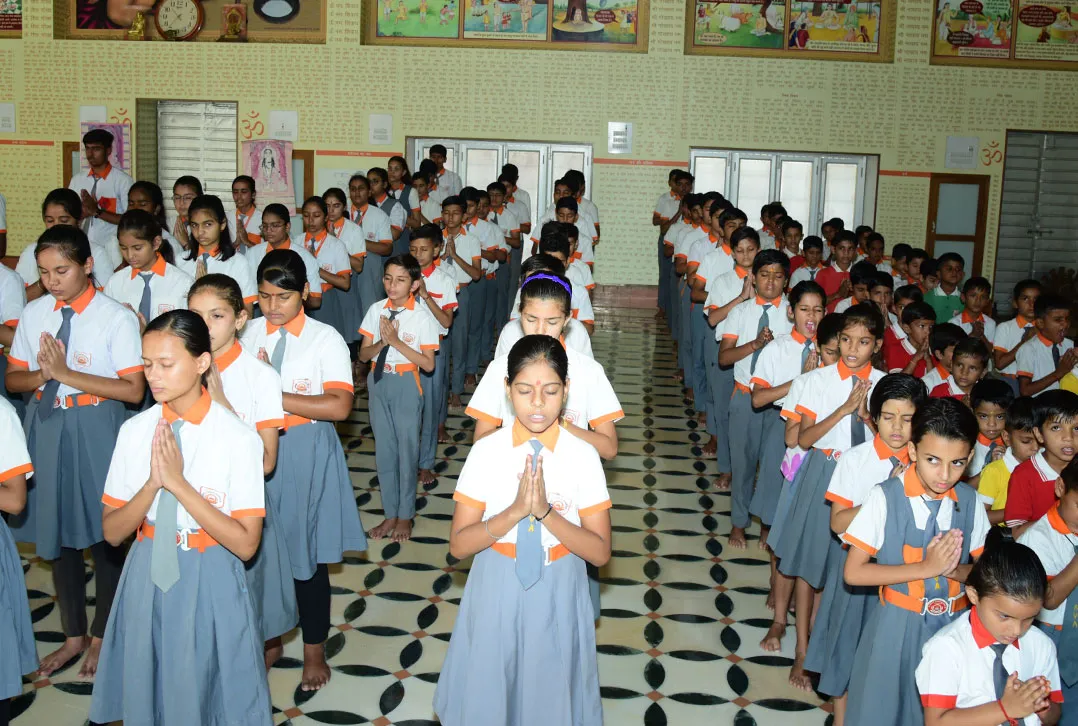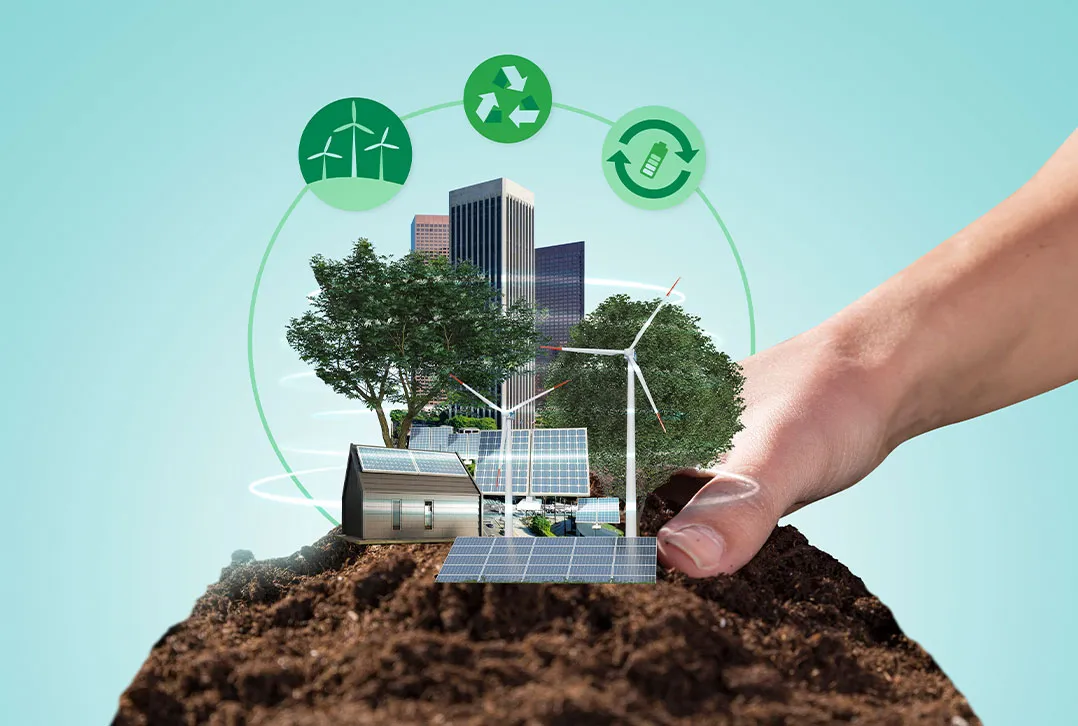At Amrit Exports, we believe in not just creating fashionable garments, but also in giving back to our community. As responsible corporate citizens, we are committed to making a positive impact through our Environmental Social Governance initiatives. From reducing our carbon footprint to supporting local schools and charities, we are dedicated to creating a better future for all.

As part of our ongoing CSR efforts, we are proud to be extensively working on education initiatives, providing access to quality education for underprivileged communities.
We support nationally accredited CBSE School in Fatehpur, Rajasthan which is already up and running, and we are also supporting the construction of an Educational Centre in the same town on 120 acres of land. The first phase has already started with 400 students studying for their graduation.
Sustainability is more than just a buzzword at Amrit Exports. It's a cornerstone of our business model and a key driver of our success. We believe in creating high-quality garments that not only look and feel good, but also have a positive impact on the planet. Whether it's using eco-friendly materials, reducing waste, or investing in husk.Our commitment to sustainability is a promise to you that we will continue to make a difference, one stitch at a time.

We encourage recycling of clothes and we use yarn made of recycled pet bottles.
We use husk in boilers instead of coal to reduce carbon emissions.
LED lights used in our facilities use up to 90% less energy than incandescent bulbs.
We actively organize tree plantation campaigns.
LED lights used in our facilities use up to 90% less energy than incandescent bulbs.
We invest in renewable energy which reduces waste in the supply chain and apparel is produced using recycled and organic fibres.
Our ozone machines for washing garments help in reducing water usage by 50% and energy usage by 61%.
We invest in renewable energy which reduces waste in the supply chain and apparel is produced using recycled and organic fibres.
Installation of solar panels by 2025 that will reduce usage of energy by 40%.
Implementation of rainwater harvesting.